Pizza for dinner, ice cream for dessert – sounds like a perfect night in, right? Wrong!
Do you ever crawl into bed exhausted, only to find yourself wide awake hours later? Believe it or not, these seemingly innocent treats and other everyday foods and drinks might be the reason you’re tossing and turning all night.
You’ve dimmed the lights, put on calming music, and even tried counting sheep (or whatever sleep remedy works for you), yet sleep remains frustratingly elusive. The culprit might not be your bedtime routine, but what you’re putting on your plate!
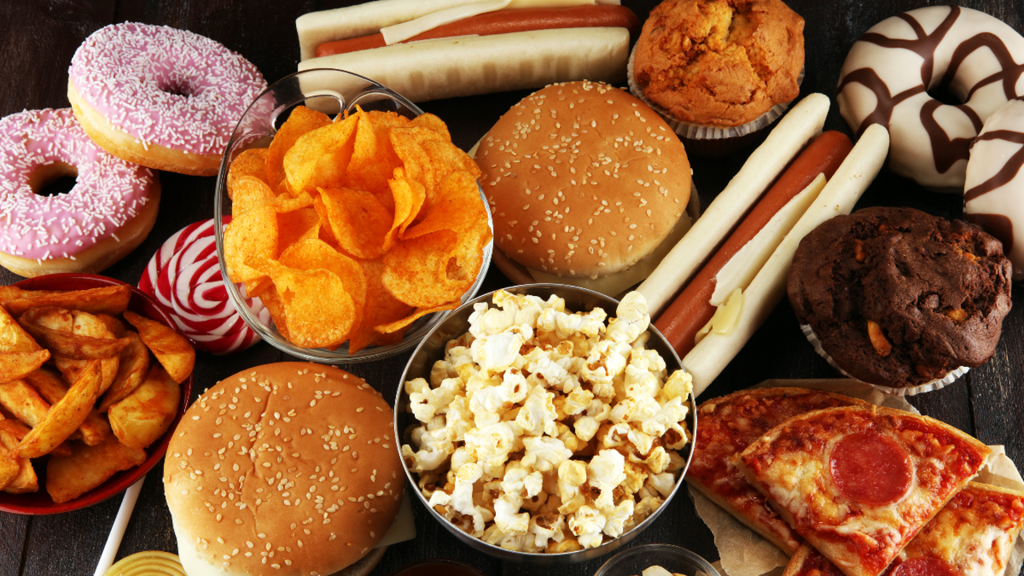
We often associate certain foods and drinks with relaxation – a warm mug of cocoa, a comforting slice of pizza, or a sweet treat before bed. But what if these seemingly innocent choices were secretly sabotaging your sleep? Prepare to be surprised!
This list explores 7 everyday foods and drinks that can wreak havoc on your sleep cycle, even though they might seem like the perfect way to unwind.
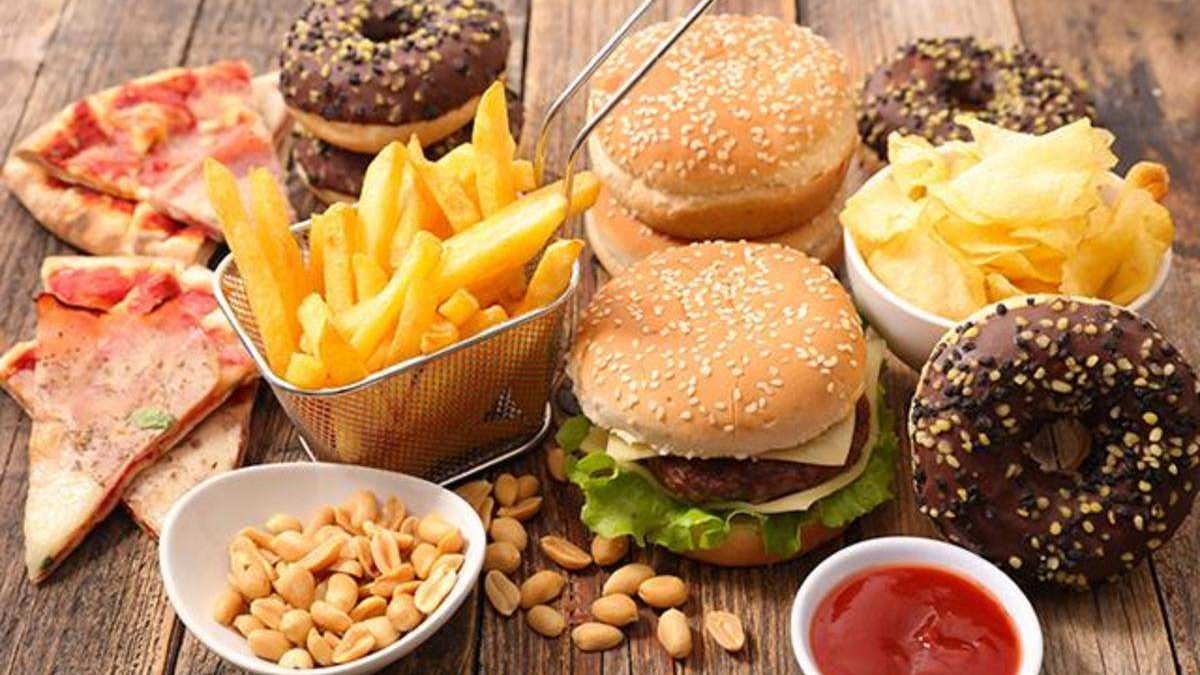
1. Spicy foods:
Spicy dishes might tantalize your taste buds, but they can wreak havoc on your sleep quality. The science behind this boils down to two key effects: Irritation and Temperature. The culprit in spicy foods is capsaicin, a compound found in chili peppers. Capsaicin binds to receptors in your mouth and throat, mimicking the burning sensation of heat. This can irritate the lining of your esophagus, triggering heartburn and indigestion. As you lie down to sleep, stomach acid refluxes back up the esophagus, causing a burning discomfort that makes falling asleep and staying asleep difficult.
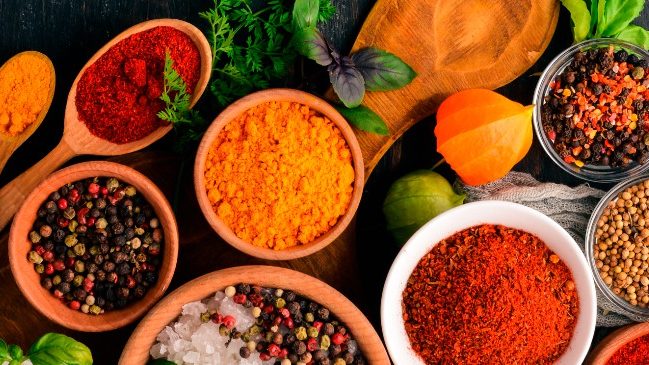
Secondly, capsaicin can also cause a temporary increase in your body temperature. While a slight rise might not seem significant, our bodies naturally cool down in preparation for sleep. Spicy food disrupts this natural process, making you feel warm and uncomfortable. This elevated temperature can interfere with the quality of your sleep and even delay the onset of REM sleep, the stage crucial for memory consolidation and overall rejuvenation. So, while that fiery curry might be delicious, it’s best to enjoy it well before bedtime for a peaceful night’s rest.
2. Pizza:
Our beloved pizza packs a powerful one-two punch when it comes to disrupting sleep. First, there’s the acidity factor. The tomato sauce is a culprit, containing citric acid that can trigger heartburn, especially for those already prone to acid reflux. As we lie down, stomach acid can rise into the esophagus, causing a burning sensation and discomfort that makes sleep difficult.
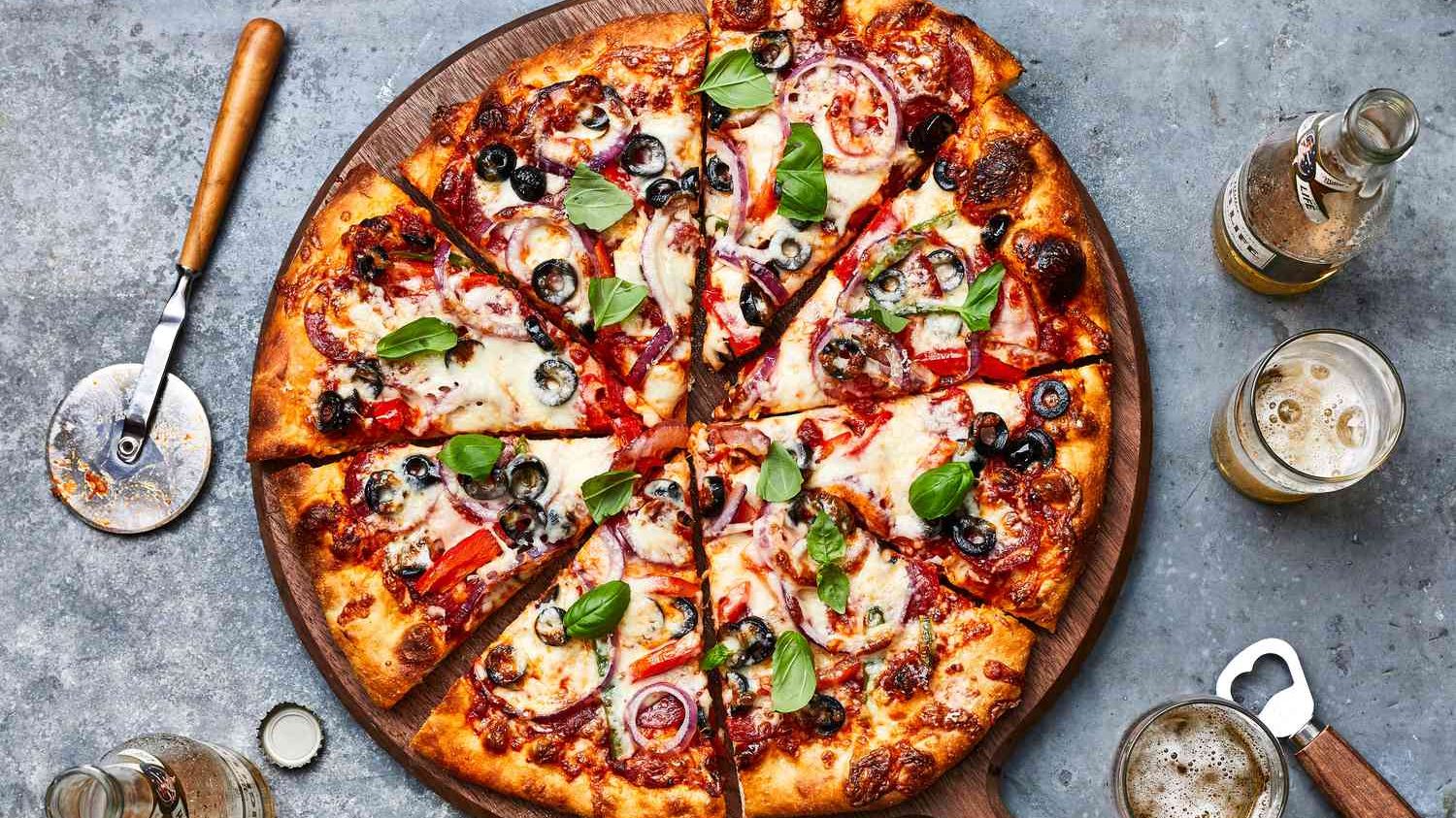
Secondly, pizza is often loaded with sleep-disrupting fats. The cheese, meats like pepperoni or sausage, and even the crust itself are frequently high in saturated fats. These fats take longer for the body to digest, putting your digestive system into overdrive at a time when it should be winding down. This extra work can lead to feelings of sluggishness, fullness, and even cramping, all of which can make getting comfortable and falling asleep a challenge.
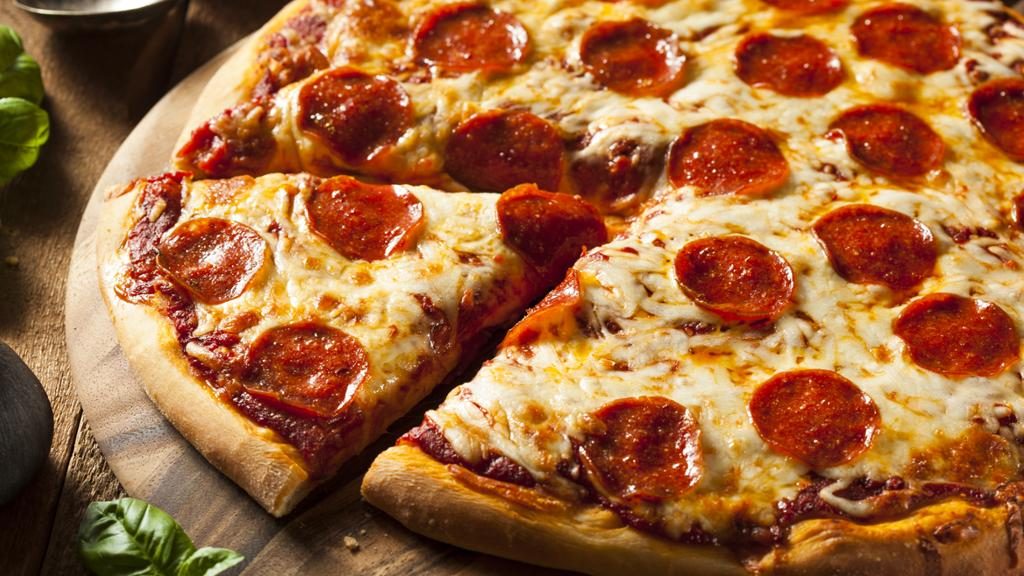
The combination of the acidic sauce and fatty ingredients can create a perfect storm for sleep troubles. By avoiding pizza close to bedtime, you allow your body to focus on rest and digestion, promoting a more peaceful and restorative night’s sleep.
3. Burgers:
Just like that tempting slice of pepperoni pizza, burgers can turn your dreams into a restless reality. The science behind this sleep disruption boils down to two main factors: digestion difficulty and heartburn triggers.
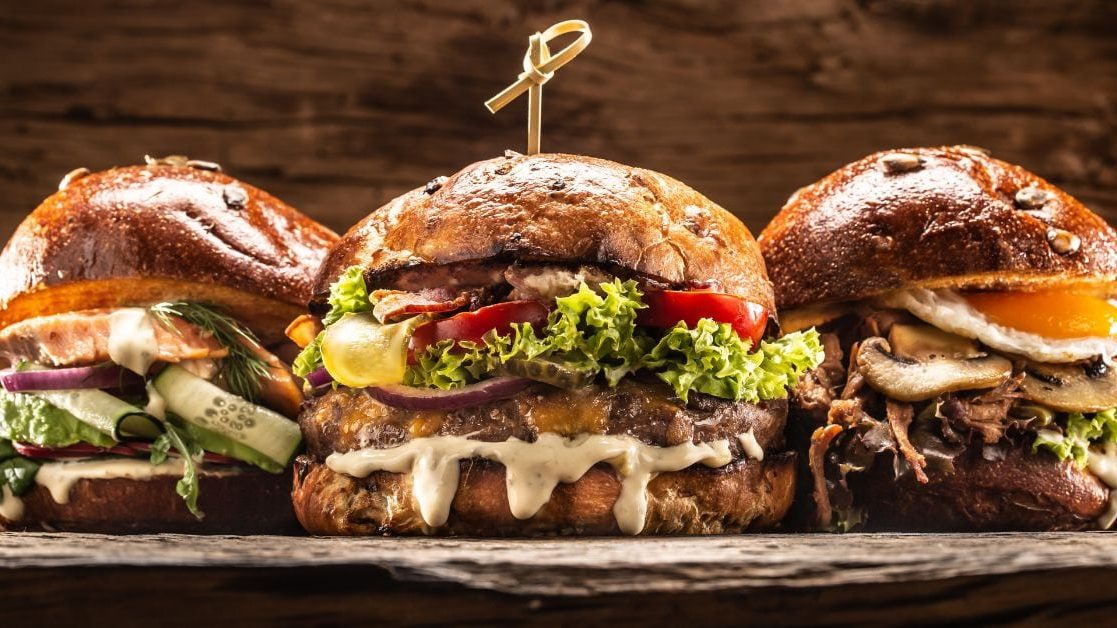
Burgers often pack a hefty punch of fat, particularly saturated fat from the patty and cheese. Our bodies prioritize digesting fat, which takes longer than processing other nutrients. This extended digestive process keeps your body working hard well into the night, when it should ideally be focused on relaxation and restoration. Imagine trying to sleep while you’re still actively breaking down a meal – not exactly a recipe for slumber!
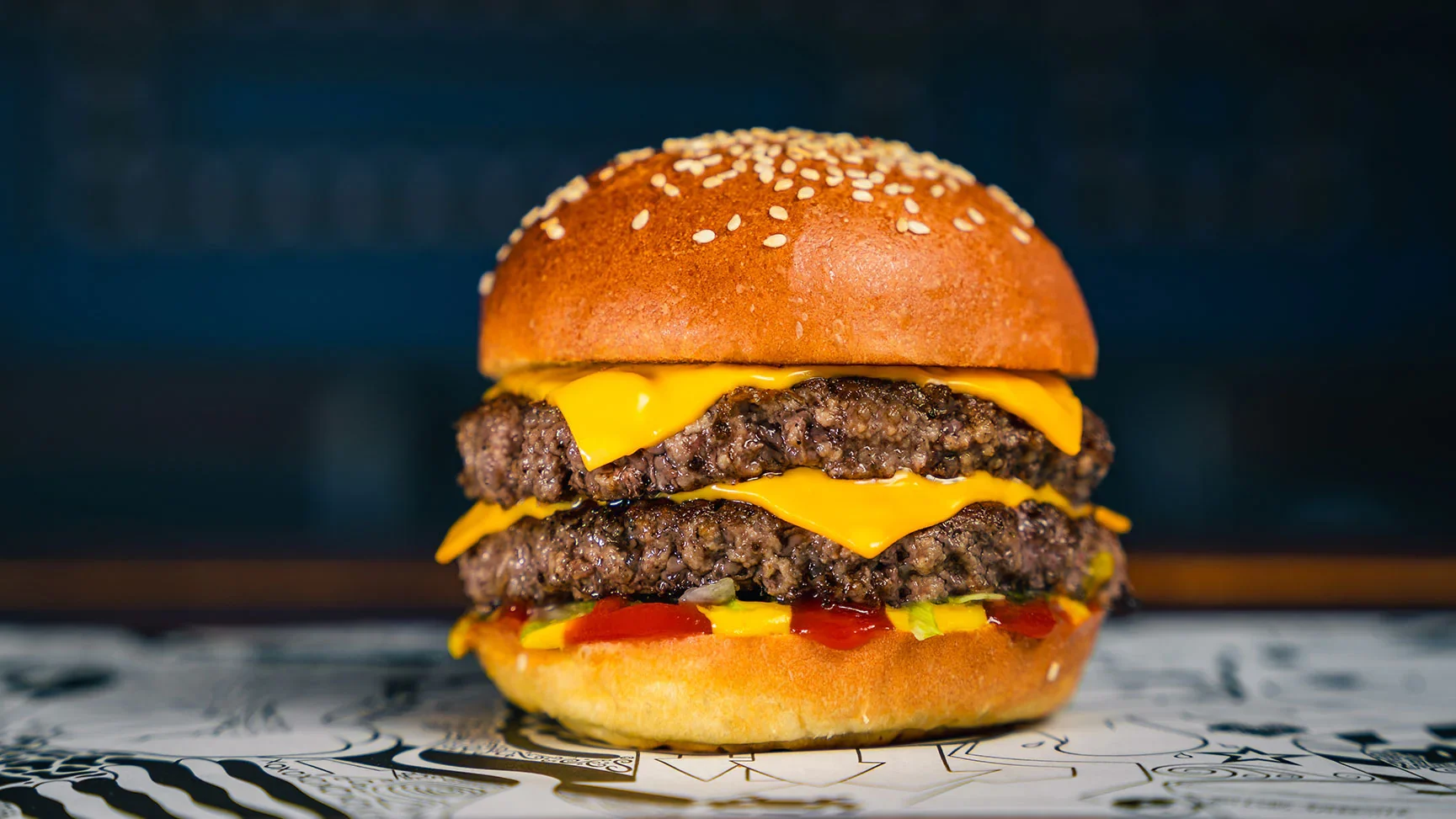
Then again, burgers can be a heartburn hazard. The fatty content, combined with ingredients like fried onions or ketchup (both acidic), can trigger acid reflux. This discomforting feeling occurs when stomach acid backs up into the esophagus, causing a burning sensation in the chest. Lying down after eating a burger can worsen this effect, making it difficult to find a comfortable position for sleep. So, while a juicy burger might seem satisfying in the moment, the delayed digestion and potential for heartburn can wreak havoc on your sleep quality.
4. Ice Cream:
Ice cream is notorious for its high sugar content. When you consume a sugary treat close to bedtime, your body experiences a blood sugar surge. This triggers the release of insulin, a hormone responsible for shuttling sugar out of the bloodstream and into your cells. While this is a normal process, the rapid rise and fall of blood sugar levels can disrupt your sleep cycle. As your blood sugar crashes in the night, it can lead to feelings of restlessness and wakefulness, pulling you out of deep sleep.
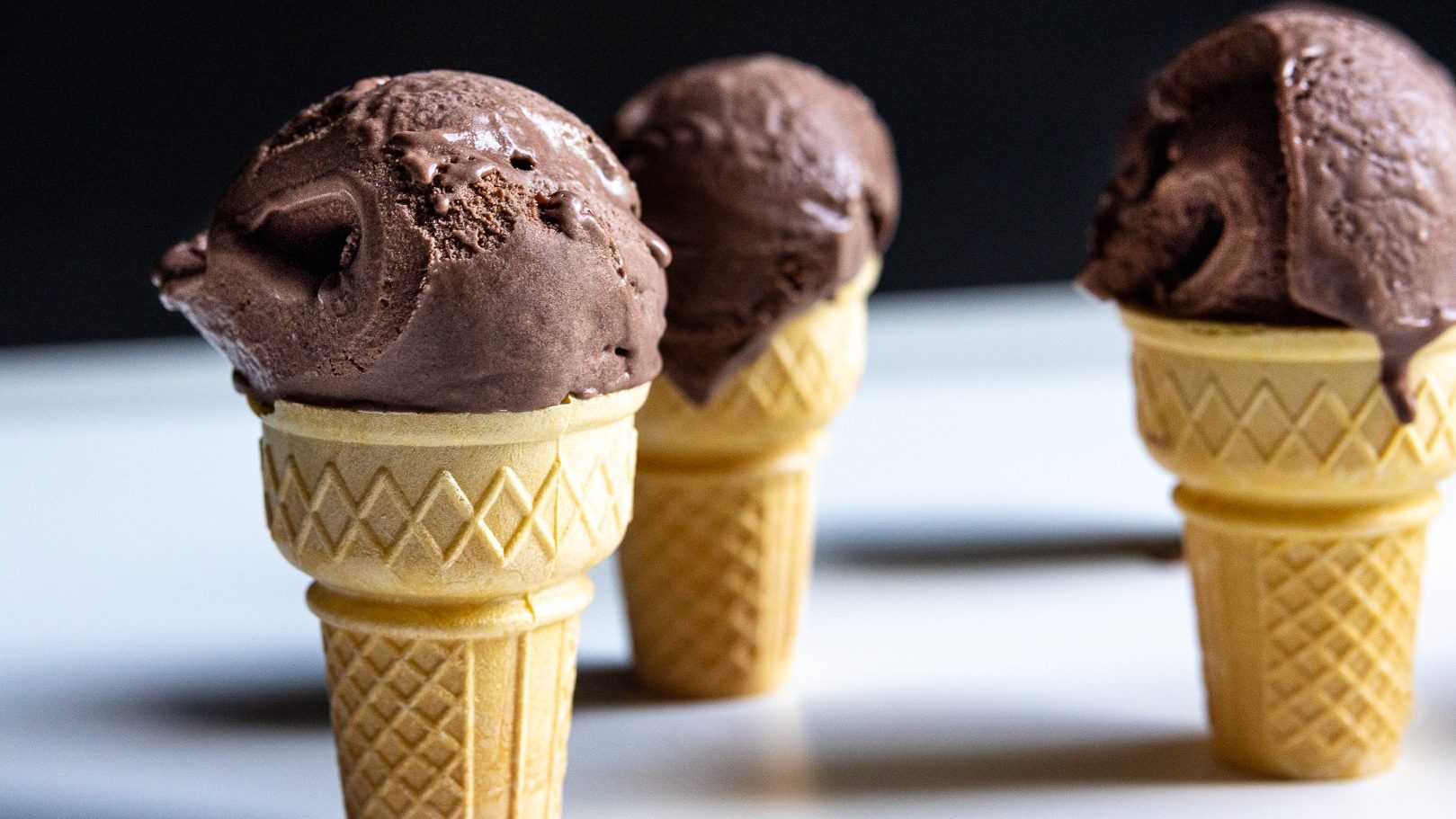
The high fat content in ice cream can also contribute to sleep problems. Fatty foods take longer to digest, which means your digestive system is still working hard when you should be winding down. This increased activity can cause discomfort, heartburn, or even acid reflux, all of which can make it difficult to fall asleep and stay asleep comfortably.
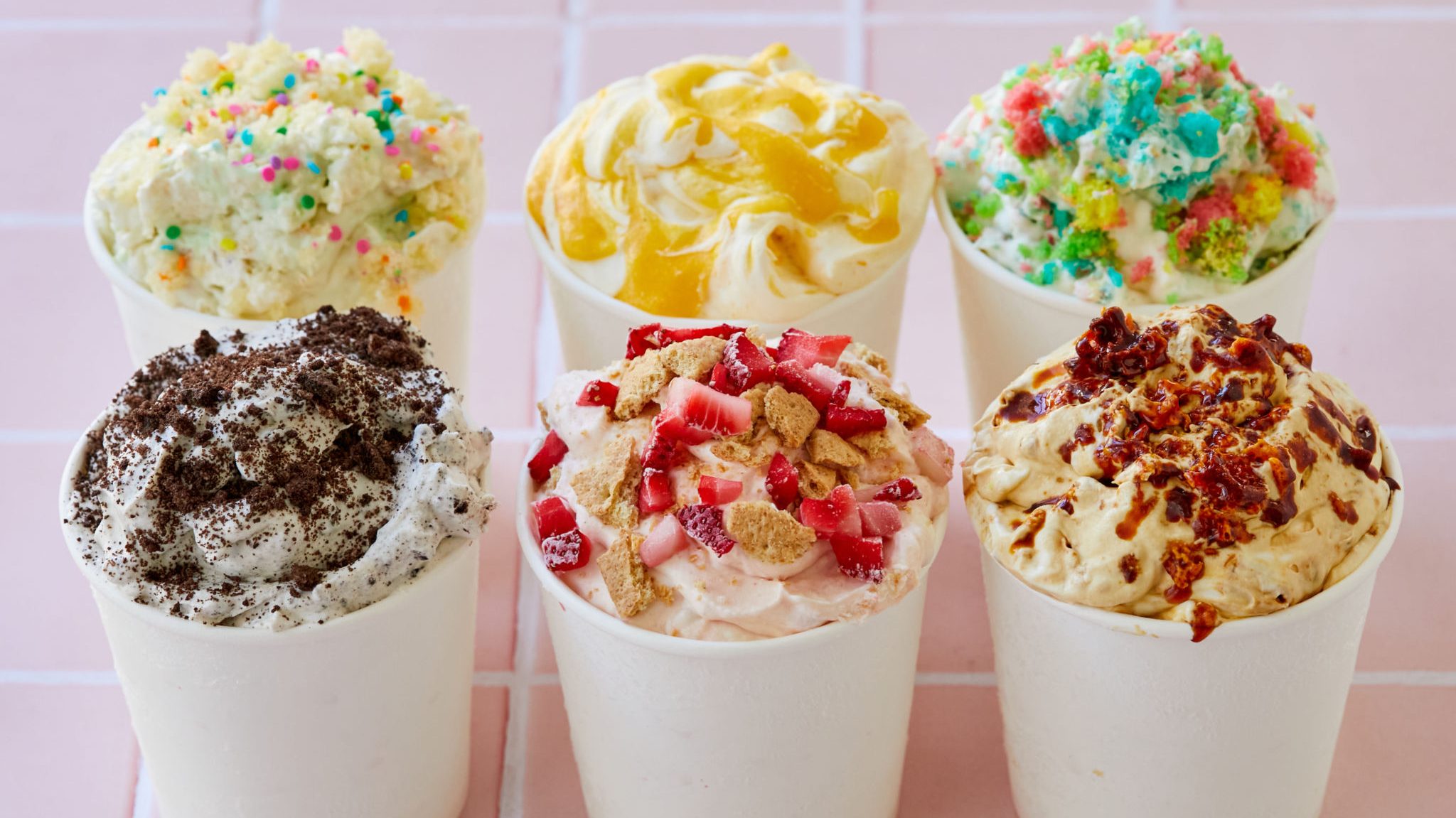
So, while ice cream may satisfy your sweet tooth, the combination of sugar and fat can leave you feeling wide-eyed instead of snoozing soundly. Opting for lighter, less sugary snacks before bed will help your body relax and prepare for a restful night’s sleep.
5. Chocolates:
While chocolate often gets a cozy reputation, it can be a sleep disrupter for two key reasons: caffeine and theobromine. Caffeine is the well-known stimulant that keeps us alert. Even a small amount can interfere with sleep, especially if consumed close to bedtime. Dark chocolate, with its higher cocoa content, packs a bigger caffeine punch compared to milk chocolate. One ounce of dark chocolate can contain anywhere from 6-17 milligrams of caffeine, which may seem insignificant compared to a cup of coffee, but it’s enough to disrupt the delicate sleep-wake cycle.
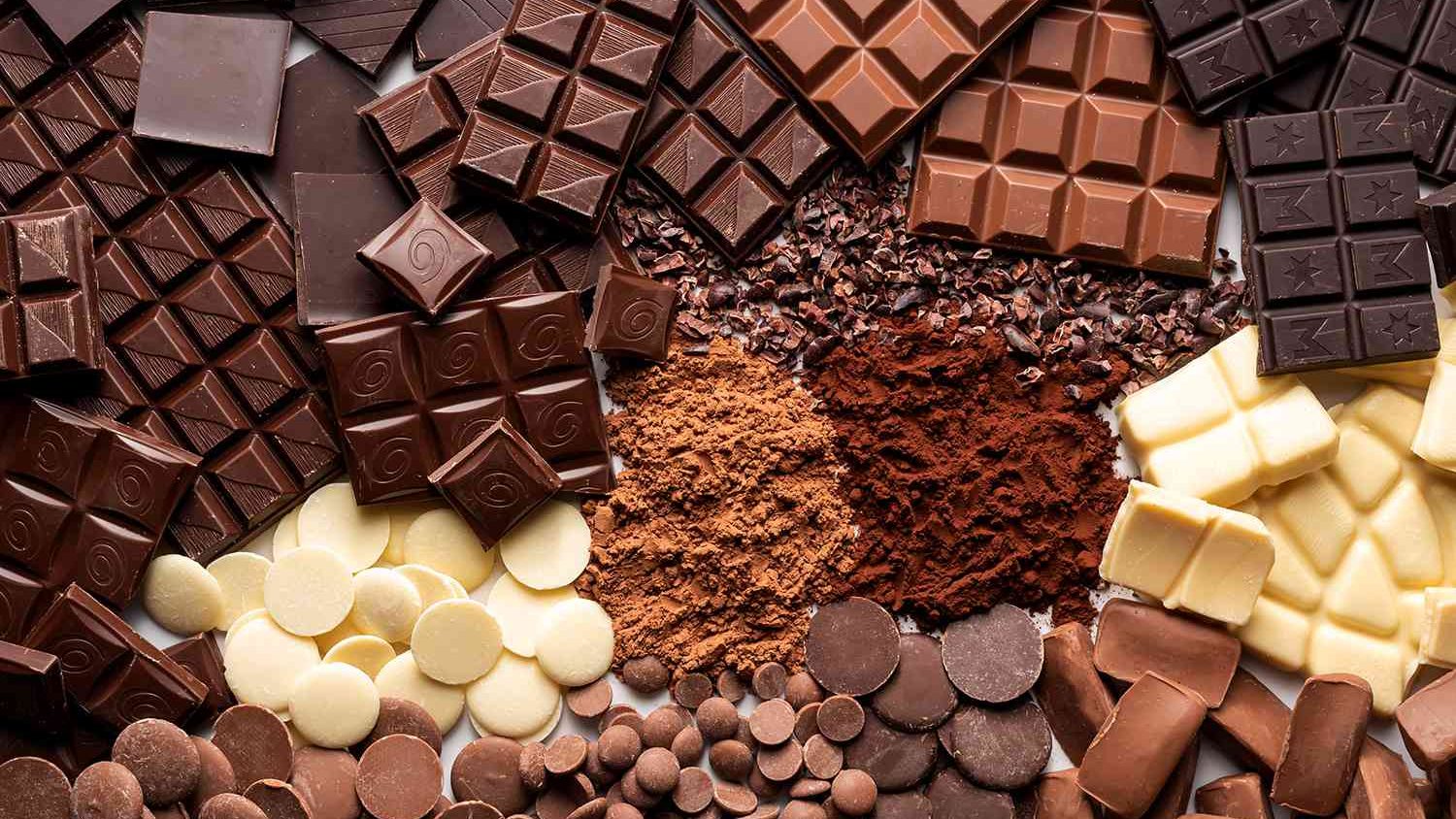
The other culprit in chocolate’s sleep-disrupting act is theobromine. This stimulant, also found in cocoa beans, has a similar effect to caffeine, although milder. Theobromine works by increasing heart rate and alertness, making it difficult to fall asleep and stay asleep. Unlike caffeine, which our bodies eliminate relatively quickly, theobromine has a longer lifespan in the system. This means enjoying a square of dark chocolate in the evening could leave you feeling wired hours later, hindering a restful night’s sleep.
6. Alchohol:
We often reach for alcohol to relax and unwind, assuming it will ease us into sleep. Initially, this seems true. Alcohol acts as a depressant on the central nervous system, slowing brain activity and promoting drowsiness. This can lead to quicker sleep onset.
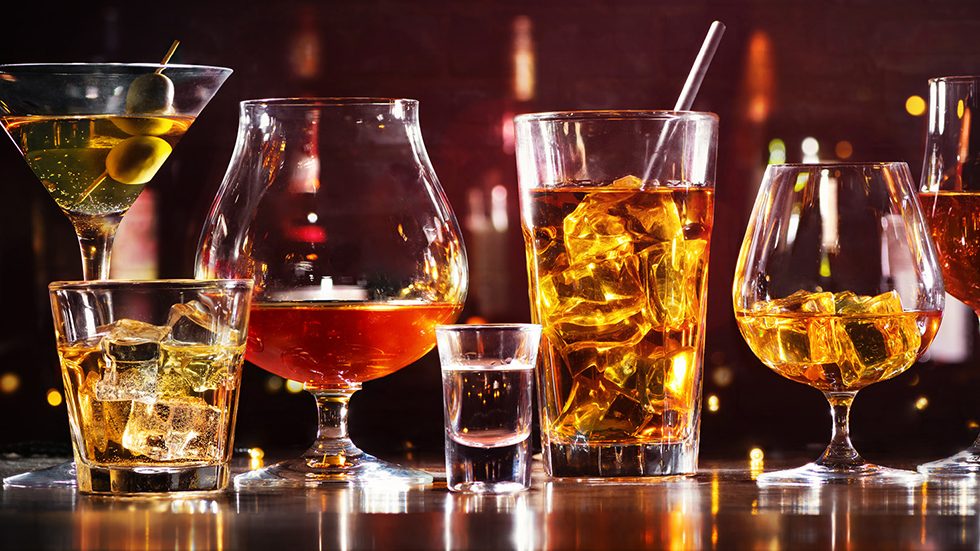
However, as your body processes the alcohol, the initial sedative effect wanes. This disrupts the natural progression through sleep stages. Normally, sleep cycles through periods of deep sleep interspersed with REM sleep, essential for memory and emotional processing. Alcohol disproportionately suppresses REM sleep, particularly in the latter half of the night. So, while you might fall asleep quickly, you miss out on this crucial restorative stage, leading to feelings of tiredness and grogginess despite getting some sleep.
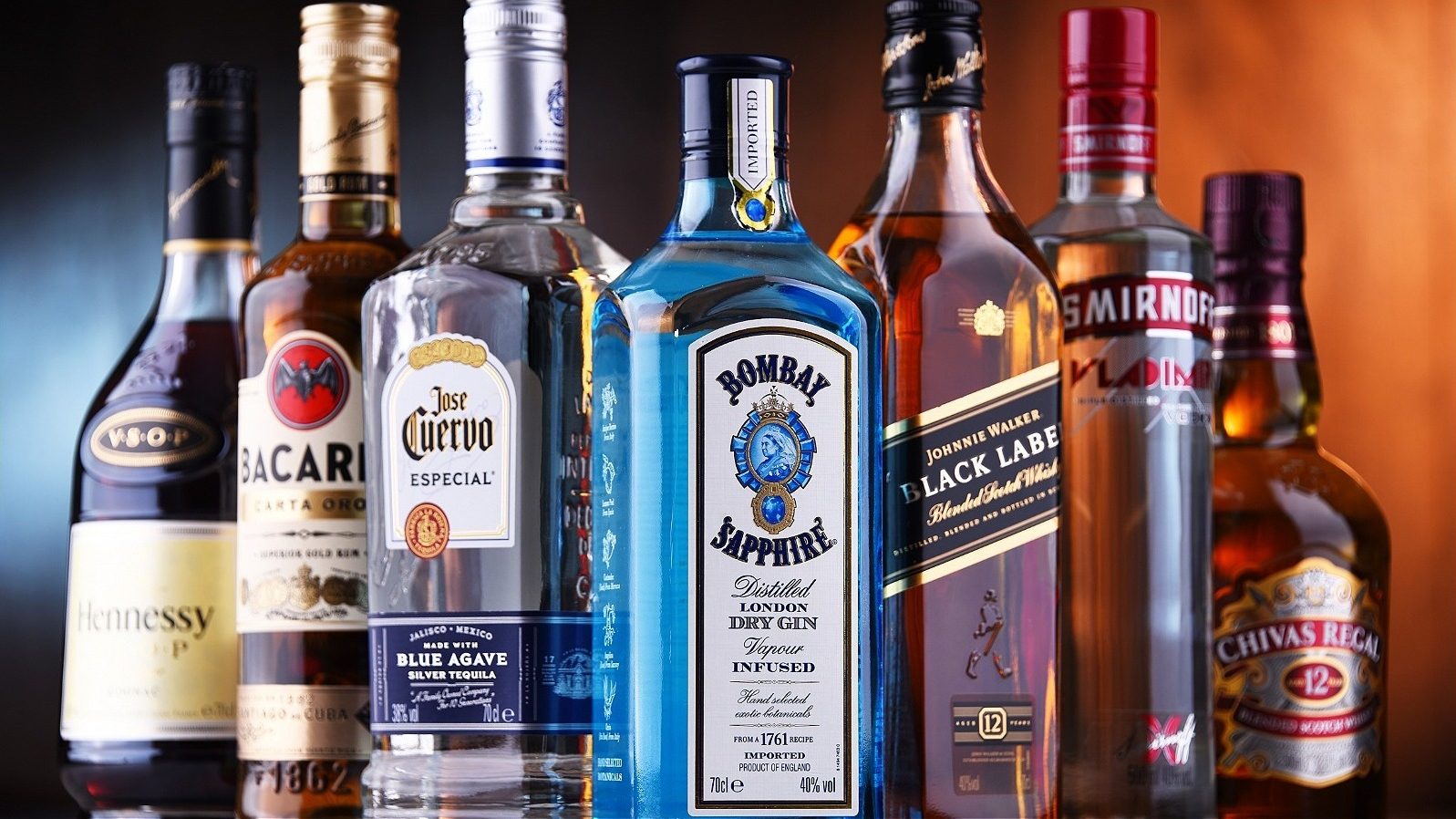
Furthermore, alcohol disrupts the production of melatonin, a hormone that regulates our sleep-wake cycle. Melatonin levels naturally rise in the evening, signaling to our body that it’s time to prepare for sleep. Alcohol throws a wrench into this process, making it harder to fall asleep and stay asleep through the night. Additionally, alcohol disrupts blood sugar regulation. As your body metabolizes the alcohol, it can experience a surge in blood sugar followed by a dip. This blood sugar roller coaster can lead to night sweats, restlessness, and frequent waking throughout the night, further disrupting your sleep quality. In essence, the initial drowsiness caused by alcohol is a deceptive invitation to a night of disrupted sleep.
7. Caffeinated Beverages:
Caffeinated beverages like coffee, soda, and energy drinks are our go-to pick-me-ups, but their stimulating effects can wreak havoc on your sleep cycle in several ways. Here’s the science behind their sleep-disrupting nature.
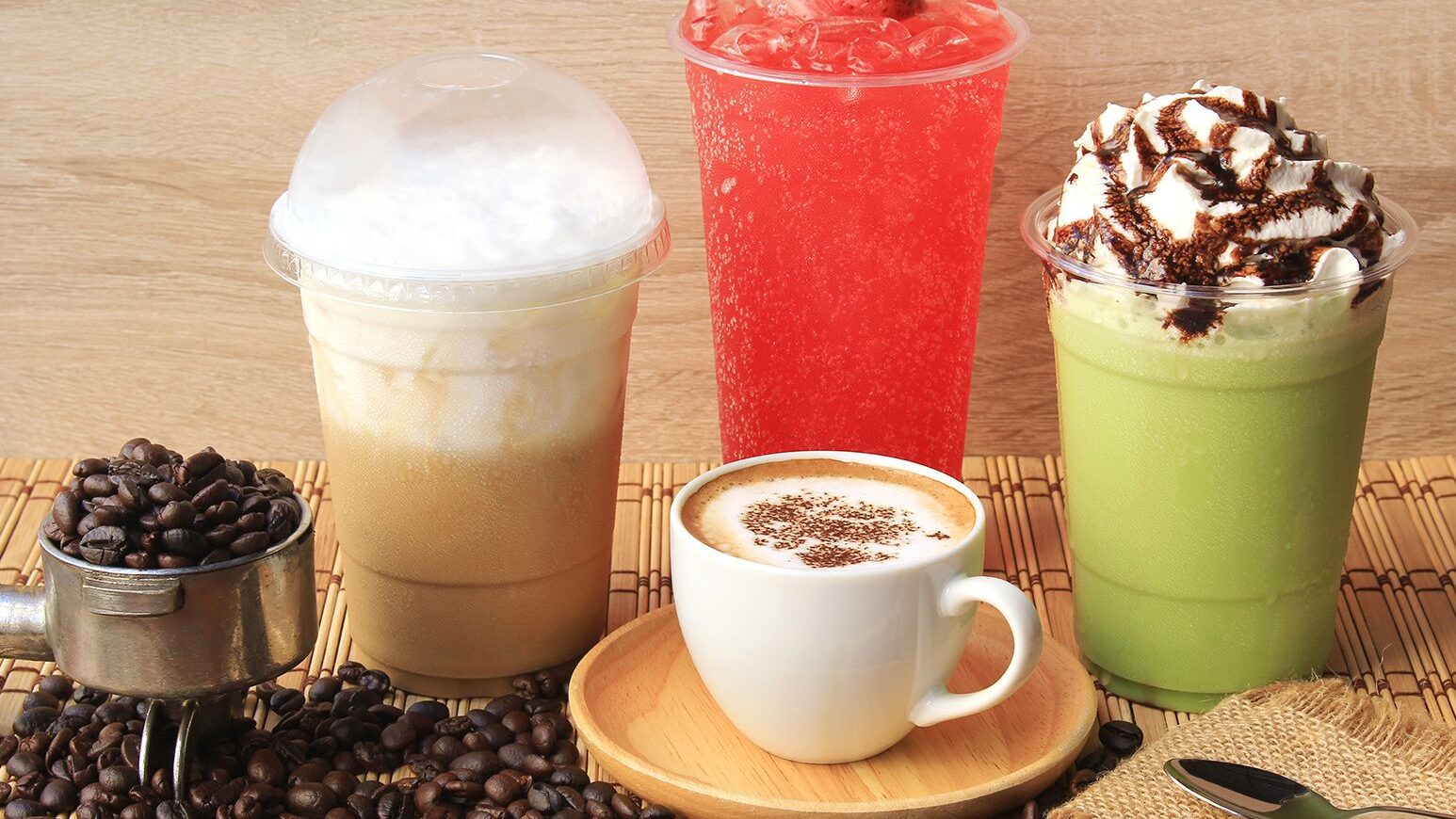
Our brains naturally produce a chemical called adenosine throughout the day. As adenosine levels rise, we start to feel tired, signaling the body’s need for sleep. Caffeine acts as an adenosine receptor antagonist. Imagine these receptors like docking stations for adenosine. Caffeine molecules essentially block these docking stations, preventing adenosine from binding and inducing sleepiness. This is why caffeine makes you feel alert and energized. Unfortunately, the effects of caffeine can linger for hours, interfering with your body’s natural sleep signals even if you consume it in the afternoon or evening.
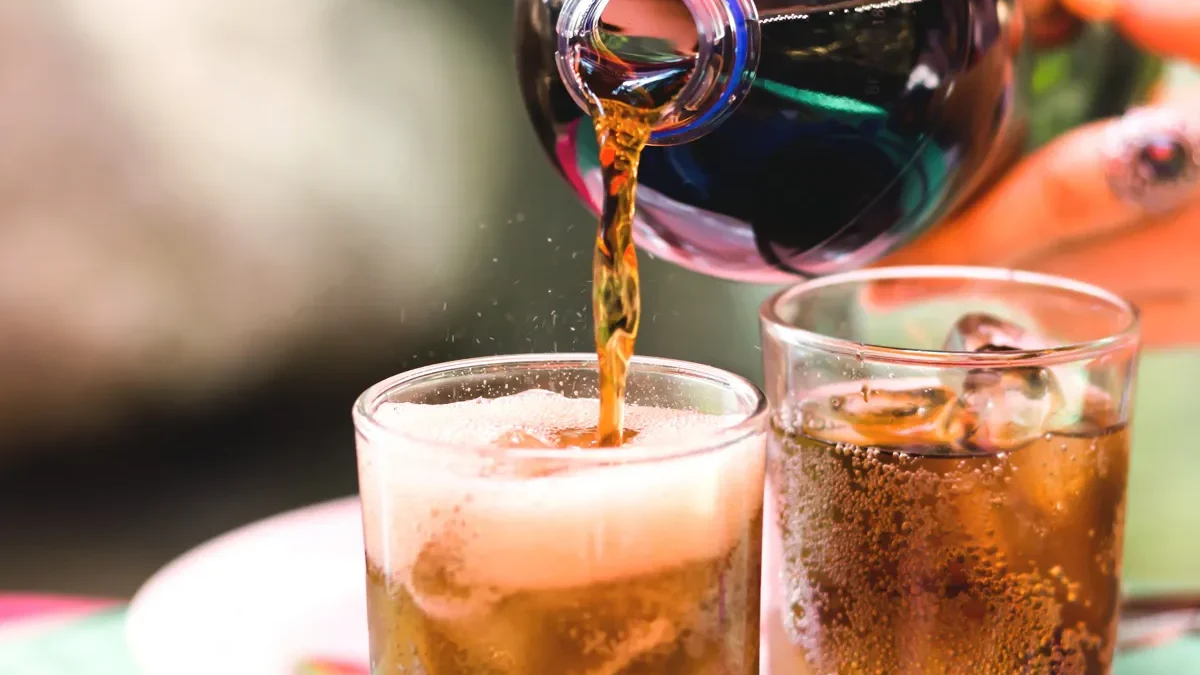
Sensitivity to caffeine varies greatly between people. Some individuals can metabolize caffeine quickly and experience minimal sleep disruptions even with evening coffee, while others might be tossing and turning for hours after consuming a caffeinated beverage. It’s important to understand your own body’s response to caffeine and adjust your consumption habits accordingly to ensure a good night’s sleep.






GIPHY App Key not set. Please check settings